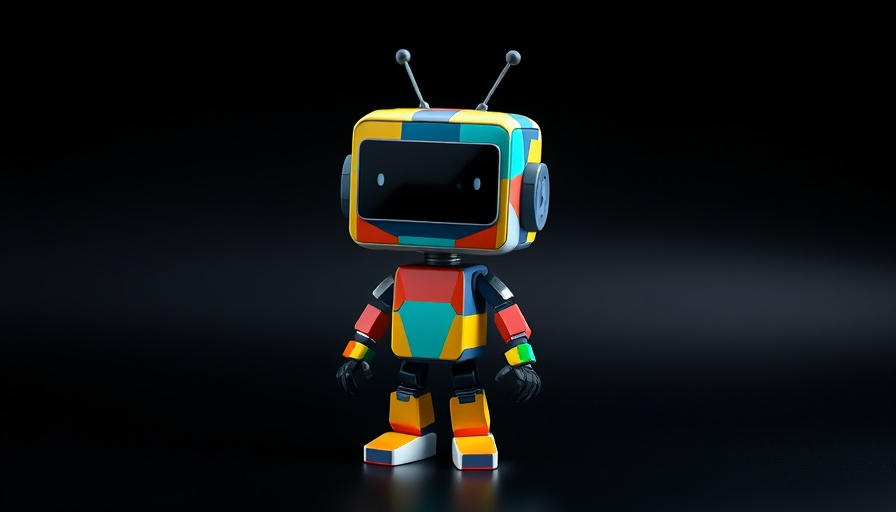
Software Engineers and the Emergence of AI
The recent surge in artificial intelligence is transforming the landscape for software engineers, presenting both opportunities and challenges. A groundbreaking survey of 730 coders revealed a striking division in how AI is perceived and utilized in programming environments. Is AI a friend or foe in the coding world? Various responses indicate that while some programmers embrace AI tools, others remain skeptical or even resistant.
The Dichotomy of Opinions on AI
Responses from developers about AI's role in their work reflect a spectrum of beliefs. Many see AI as a helpful assistant—a powerful tool that amplifies their capabilities rather than replaces them. "AI is more like a hyperefficient intern," one respondent noted, emphasizing AI's utility in handling routine tasks while still needing human creativity and problem-solving skills. In contrast, some coders fear that reliance on AI could lead to job loss, particularly as companies pursue automation in cost-cutting measures.
Understanding AI's Role in Job Transformation
Most programmers do not believe that AI will lead to a wholesale eradication of programming jobs. Instead, they view it as a catalyst for job evolution. As one coder stated, "If AI does eat programming, I'll just switch to debugging AI." This sentiment resonates with many in the field, who believe that adaptability is key for survival. Coders need to enhance their creative and strategic skills to work alongside AI technologies effectively.
The Practical Applications of AI in Coding
The survey highlighted various practical uses for AI among programmers. Many leverage AI for repetitive tasks, such as testing code, managing databases, and generating documentation. These functions free engineers to focus on more complex challenges that demand uniquely human skills, creativity, and intuition. The ongoing collaborative relationship between humans and AI suggests that understanding how to apply AI in small businesses could drive innovation and efficiency, especially with a growing number of best AI apps available to entrepreneurs.
Looking Toward the Future: AI Business Ideas and Trends
As the role of AI continues to evolve, so do potential business ideas that integrate these technologies. Entrepreneurs are actively seeking AI tools to optimize operations, from automating customer service with chatbots to utilizing machine learning for predictive analytics. The business landscape of 2025 is predicted to revolve around AI solutions—ranging from coding assistance to full-scale automation tools that empower small businesses.
Confronting Challenges: The Need for Human Oversight
Despite the advantages AI offers, concerns about over-reliance are prevalent. Industry experts warn of the risks of using AI without adequate oversight. It's essential for software developers to remain vigilant and ensure that AI-generated outputs undergo rigorous review processes to maintain quality and context. Protecting the integrity of the coding process means balancing the efficiency of AI with the irreplaceable insights of experienced engineers.
Conclusion: How to Adapt and Thrive in the Age of AI
The key takeaway from the diverse opinions on AI use among software developers is the necessity of adaptability. Coders who embrace this shift can leverage AI as a valuable ally rather than viewing it as a threat to their careers. Understanding how to integrate AI automation for entrepreneurs—through practical applications and evolving business ideas—might just be the ticket to staying ahead in an ever-changing job market. As the landscape continues to shift, keeping an open mind toward AI will be essential for anyone in the tech field.
 Add Row
Add Row  Add
Add 




 Add Row
Add Row  Add
Add 

Write A Comment